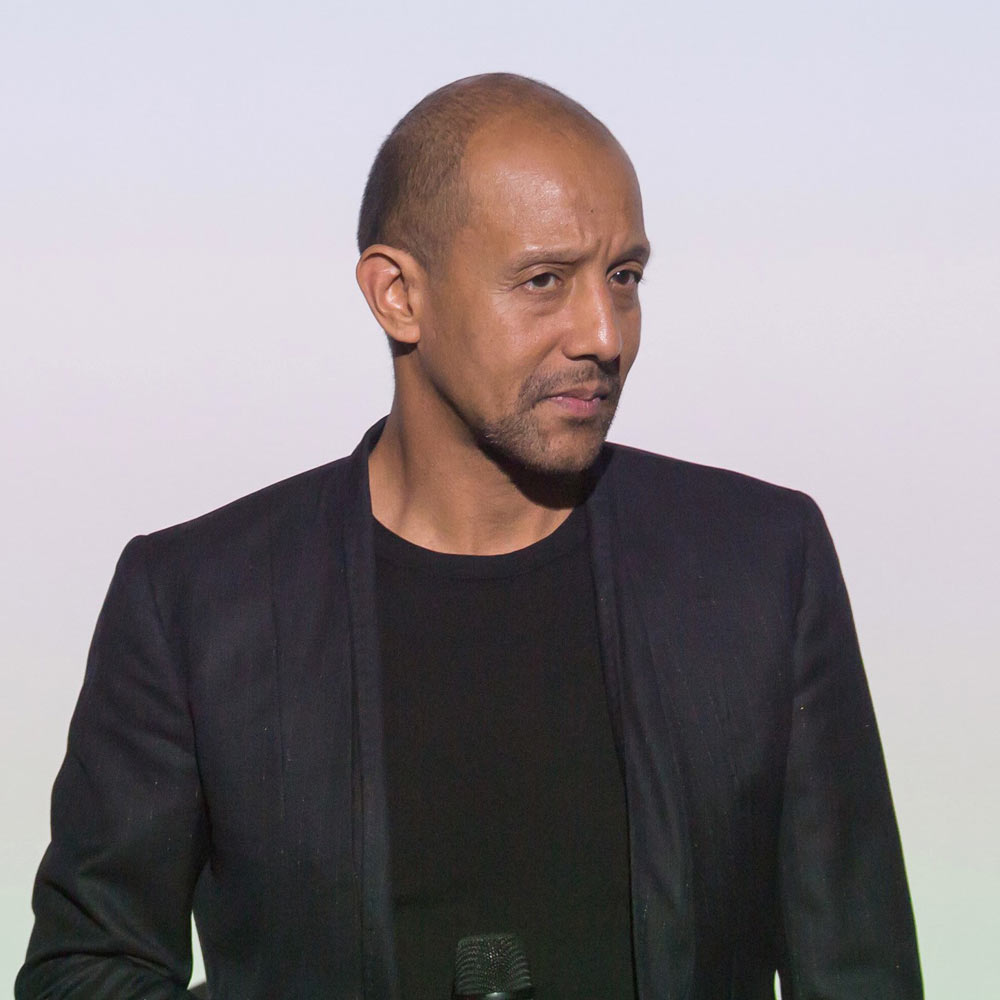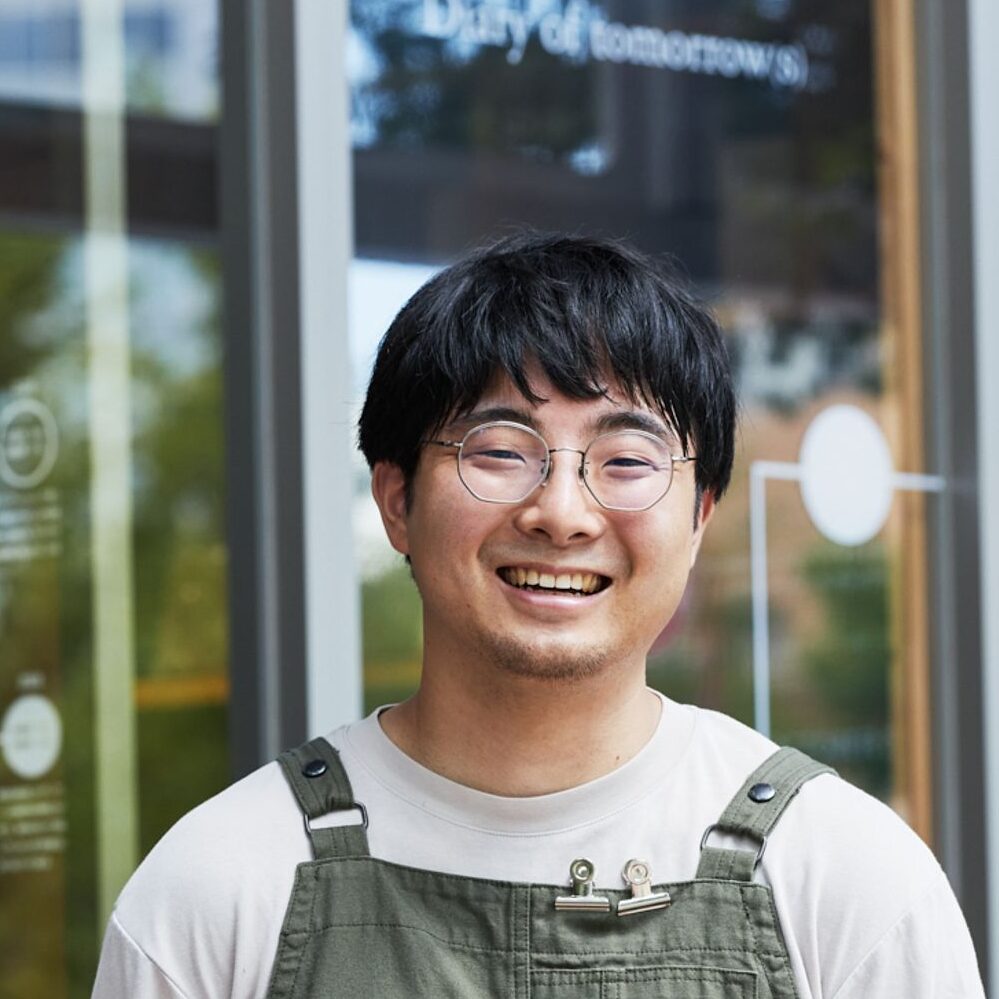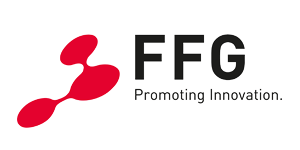| AI wonderland with Dynatrace & CoderDojo | Sok-Kheng Taing (AT), Rainer Stropek (AT) |
| RISC AI Academy | Bernhard Freudenthaler (AT) |
| LinzGPT – AI for the City of Linz | Bernhard Krabina (AT) |
| Creative Robotics | Johannes Braumann (AT) |
| How to not get hit by a self-driving car | Tomo Kihara (JP), Daniel Coppen (GB) |
| AI Courses at the Ars Electronica Future Thinking School | Sabine Leidlmair (AT), Stefan Czerny (AT) |

Language: EN
Bios
-
 Photo: Cornelia Staub
Photo: Cornelia StaubBernhard Freudenthaler
AT
Bernhard Freudenthaler is Chief Sales Officer (CSO) of RISC Software with the goal to bring research results to industry. RISC Software is focused on „Industrial Software Applications“, „Data & Web Applications“, „Medical AI“ & „Industrial AI“. His research interests are Cased-Based Reasoning, Predictive Analytics/Maintenance and Circular Economy. Bernhard studied business informatics and did his PhD at the Johannes Kepler University in Linz.
-
 Photo: Florian Voggeneder
Photo: Florian VoggenederBernhard Krabina
AT
Bernhard Krabina is working for the ICT Linz, which is the outsourced IT department of the City of Linz. He is working on Data Excellence and LinzGPT, a GDPR compliant solution for hosting large language models. He is expert for knowledge management and open data with more than 20 years of experience in the public sector.
-
 Photo: Tom Mesic
Photo: Tom MesicBradly Klerks
BE
Bradly Klerks graduated as a 3D visual-artist designer from the ArtEZ Institute of the Arts, Arnhem (NL)). Currently collaborating as CCO with visionary designer Yuima Nakazato (JP), biotech firm Spider Japan and Epson innovation labs on the future of fashion. He is the Co-Founder and Associate Director of PIATE [Platform for Innovation Arts & Technology Europe] based in Antwerpen.
As the previous CEO of Iris van Herpen, the couture label is well known for its explorations with materials, processes, and cutting edge technology. Bradly works at a nexus between business and the creative sector where his visions and perspectives are respected and where he is recognised as “the creative maker“ at the centre where it all starts because of his understanding of the global future industry and long-standing ties with experimental
artists. -
 Photo: Tada(YUKAI)
Photo: Tada(YUKAI)Daniel Coppen
GB
Daniel Coppen ist Künstler und Designer, der die Beziehungen zwischen Gesellschaft und Technologie anhand des Mediums Spiel untersucht. Gemeinsam mit seiner Partnerin Saki Maruyama arbeitet er unter dem Namen Playfool an Objekten, Installationen und Multimediaproduktionen, die die experimentellen, reflexiven und intimen Qualitäten des Spiels hervorheben. Ihre Arbeiten wurden bereits im V&A Museum (London, 2023) und im MAK (Wien, 2019) ausgestellt.
-
 Photo: Creative Robotics
Photo: Creative RoboticsJohannes Braumann
AT
Johannes Braumann ist Professor für Creative Robotics an der UfG Linz und leitet ein interdisziplinäres Forscherteam, das Roboter als Schnittstelle zwischen der digitalen und der physischen Welt erforscht. Als Mitbegründer der Association for Robots in Architecture ist er sowohl mit der Robotik- als auch der Design-Community eng verbunden. Braumann ist der Hauptentwickler des zugänglichen Robotersimulations- und Programmierwerkzeugs KUKA|prc, das heute von mehr als 100 Universitäten und 50 Unternehmen weltweit eingesetzt wird.
-

Rainer Stropek
AT
Rainer Stropek is an accomplished IT entrepreneur, passionate coder, and dedicated educator. As the CEO of software architects gmbh, Rainer has been driving innovation and excellence in software development for over three decades. Beyond his role in the corporate world, he serves as a mentor and chairman of CoderDojo Linz, a vibrant, volunteer-driven programming club that inspires and empowers the next generation of young coders. Rainer is also an active educator, teaching at HTBLA Leonding and lecturing at the University of Education in Upper Austria, where he shares his expertise and enthusiasm for technology with students and fellow professionals alike.
-

Sabine Leidlmair
AT
Sabine Leidlmair is currently project manager at the Future Thinking School by Ars Electronica. She studied art history (main subject), archaeology, political science and philosophy at the Paris Lodron University of Salzburg (graduated in 2006). She has been part of Ars Electronica since the Capital of Culture year 2009 in Linz and has worked in various departments of the Ars Electronica Center. Since 2022, she has been part of the Future Thinking School by Ars Electronica, whose core competence is the communication of future topics through various training programmes for different target groups.
-
 Photo: Antje Wolm
Photo: Antje WolmSok-Kheng Taing
AT
Sok-Kheng Taing is passionate about innovation, advocating an international mindset and empowering the next generation. She is an experienced founder and enabler who supports the next generation in realizing their visions. As co-founder of global IT leader Dynatrace in 2005, she laid the foundation for one of Austria’s biggest entrepreneurial success stories. After going public in New York in 2019, Dynatrace generated revenue of over 1.4 billion dollars in 2024 with more than 4,700 employees. The innovative heart of the company still beats in Europe, with the engineering headquarters located in Linz.
-
 Photo: Birgit Cakir
Photo: Birgit CakirStefan Czerny
AT
Stefan Czerny has been part of the Ars Electronica Center team since 2023 and joined the Future Thinking School in the same year. He lived and worked in Vienna until 2022, most recently as Event Manager at the Natural History Museum. He studied plastics and environmental engineering and zoology, with a passion for zoology, specializing in the inner ears of the marsupials of South America and Australia.
Today, as part of the Future Thinking School, he is responsible for the conception and delivery of interdisciplinary workshops. -
 Photo: Aya Kawachi
Photo: Aya KawachiTomo Kihara
JP
Tomo Kihara ist ein Künstler, der experimentelle Spiele und öffentliche Installationen entwickelt, die den Menschen spielerisch unerforschte Fragen entlocken. Er hat mit Institutionen wie dem Waag Futurelab in Amsterdam und der Mozilla Foundation in den USA an Projekten gearbeitet, die sich mit den sozialen Auswirkungen von KI befassen. Seine jüngsten Arbeiten wurden im Victoria & Albert Museum, London (2022) und im Asian Art Museum, San Francisco (2024) ausgestellt.


